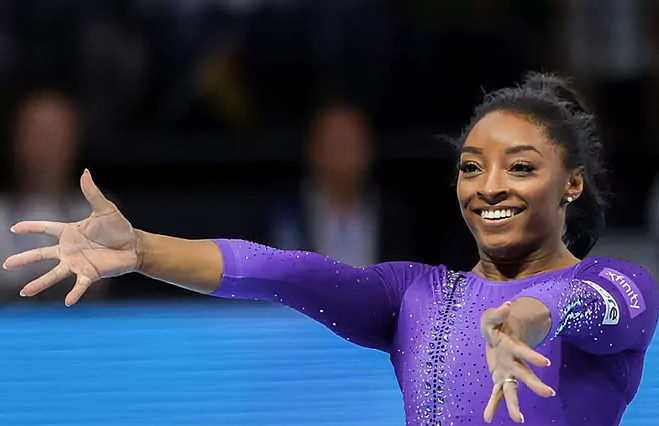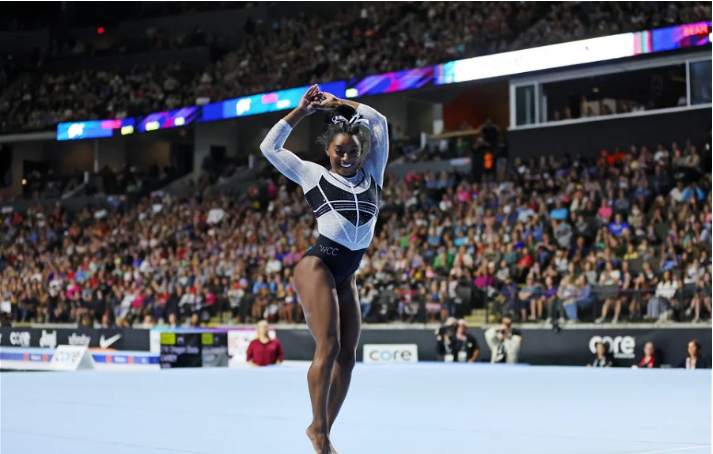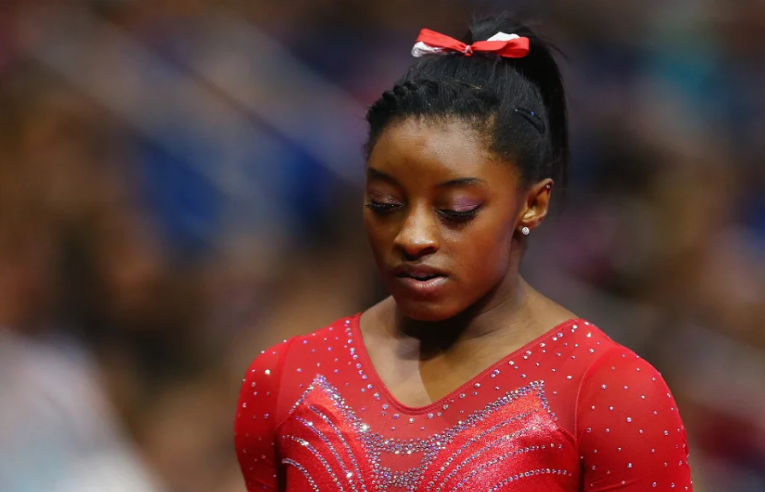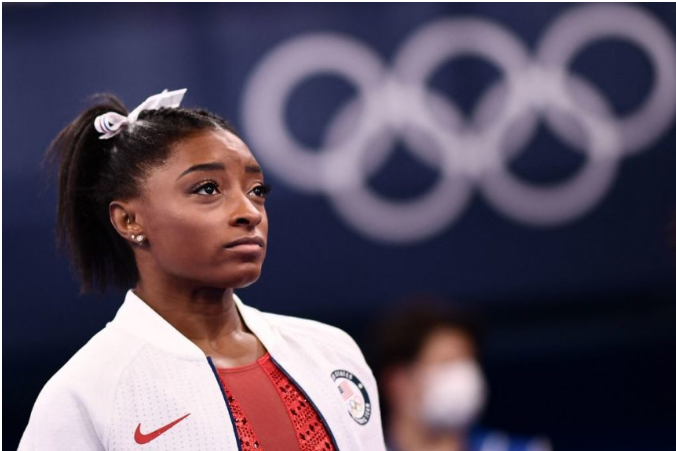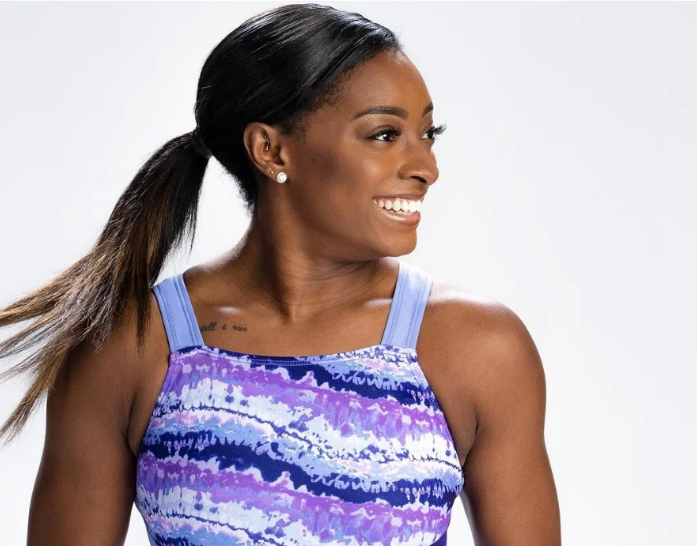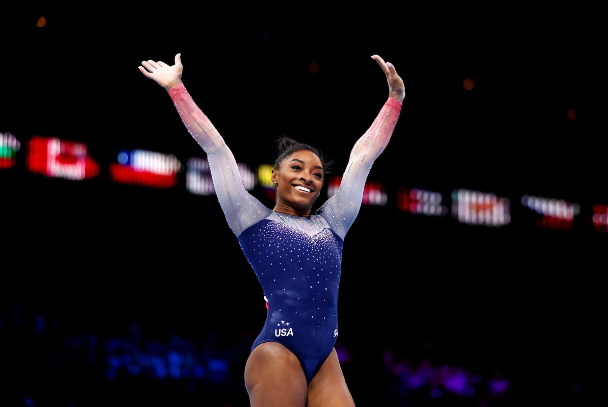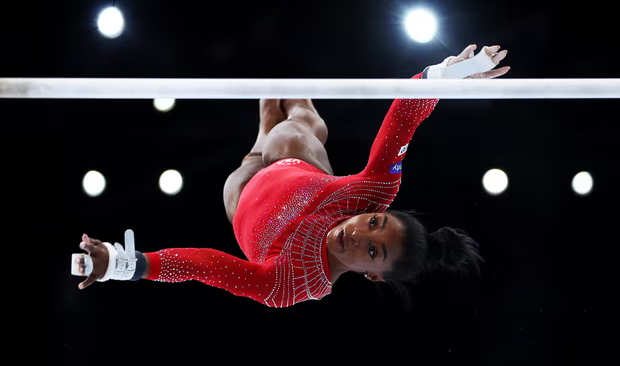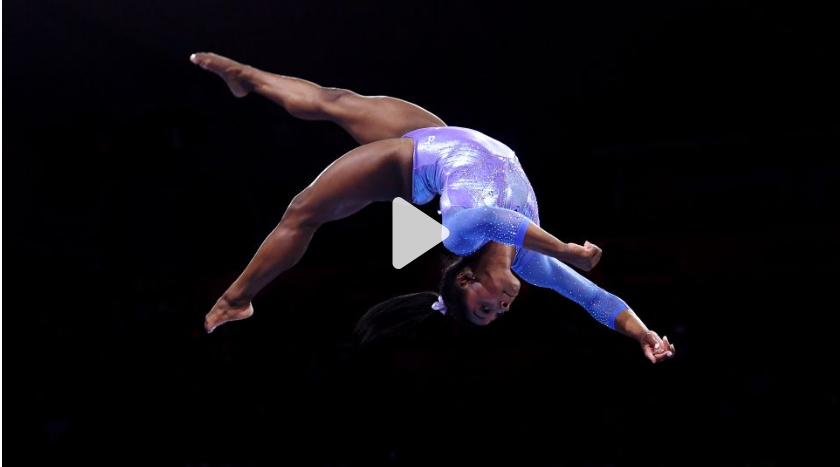Her return to elite gymnastics is a hopeful sign that the sport is changing.
Elite women’s gymnastics has long been criticized for the way it treats its athletes, who, in recent decades, have typically been young girls and adolescents. In 2017, USA Gymnastics’ official team doctor, Larry Nassar, was convicted of molesting athletes while ostensibly treating them for injuries. In 2020, the Netflix documentary Athlete A accused USA Gymnastics of complicity in a culture of abuse and psychological intimidation. After its release, gymnasts came together to call for a revolution, one that might bring with it more ethical coaching and a sustainable approach to gymnasts’ careers, with less focus on the prepubescent thinness that contributed to rampant eating disorders. The return of Simone Biles to the sport is a hopeful sign that the revolution might succeed.
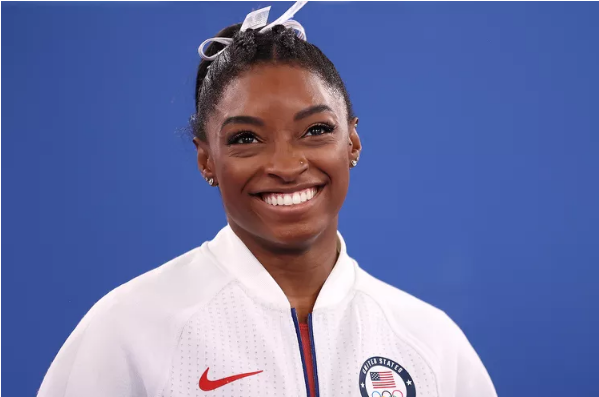

Biles was Nassar’s most famous victim. But she has always resisted being a victim of the sport itself. “Her superpower is resistance,” said the sports journalist and Atlantic contributor Jemele Hill in the 2021 show Simone vs Herself. Specifically, Biles resisted “a system,” as Hill put it, in which female gymnasts are expected to be “delicate,” girlish, and compliant. “She has basically just smashed all the tropes and archetypes that they have for the sport by being confident, by being bold, by choosing to do dangerous moves, by not being shy about the fact that she is the greatest of all time,” Hill said.
